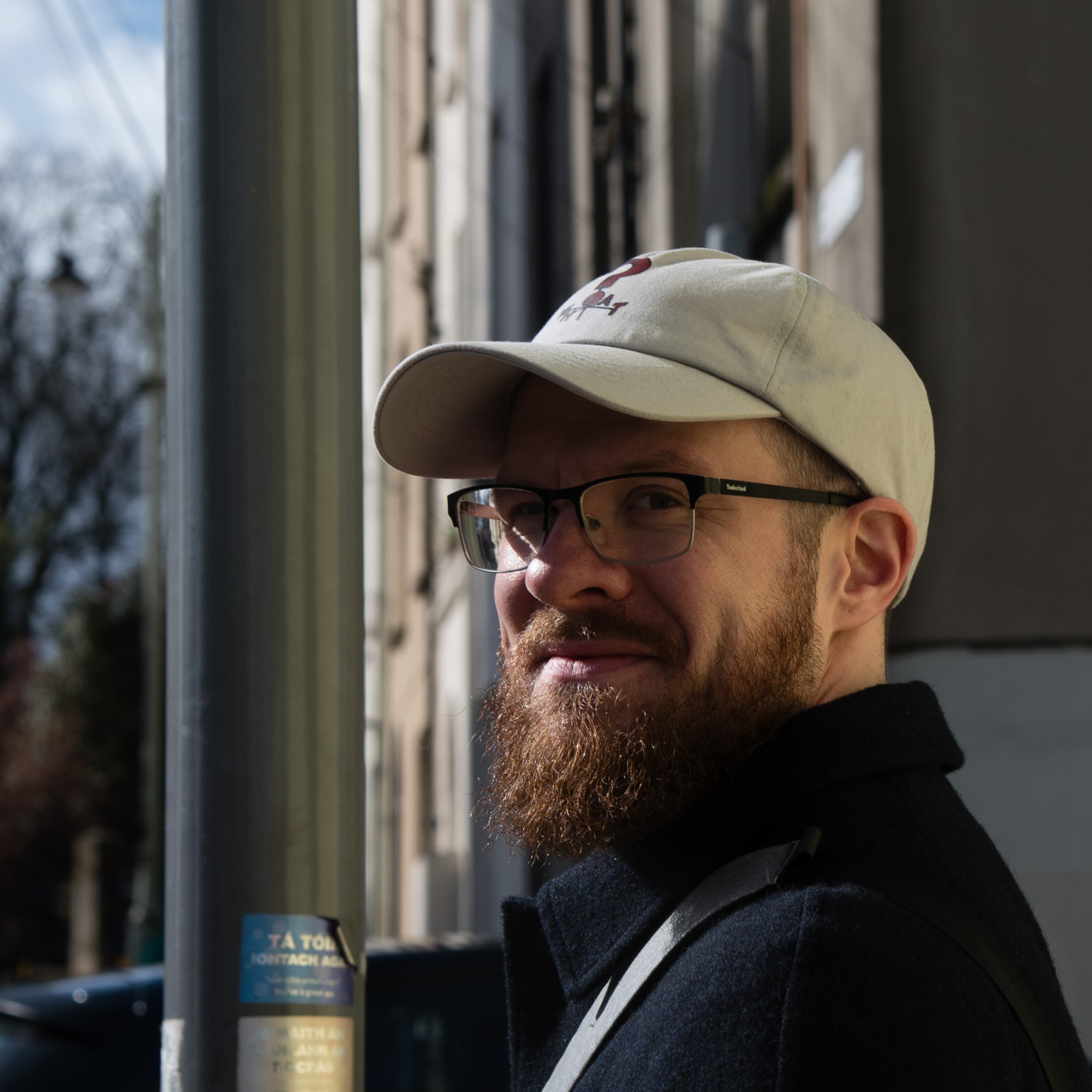A Decade of Bifurcation: Physical Perceptivity and the Principle of Solidarity
Date:
In my talk, I will trace the term “bifurcation” through Whitehead’s work in the 1920s as he slowly moves toward his metaphysical system in Process and Reality. Paying particular attention to his lectures at Harvard between 1924 and 1927, I will reconstruct Whitehead’s various uses of the term just as it disappears from his published writings. I will end by posing the (speculative) question of why Whitehead largely abandons the term to the research workshop as a topic for discussion.
Full Programme Here
In his Enquiry Concerning the Principles of Natural Knowledge (1919), an incomplete and fragmented investigation written amid the sound of guns and during the air raids over London, Alfred North Whitehead addressed the “incurable poverty of language” in speaking about the difference between what is “perceived” and what is “really perceived.” Receiving the first Tarner Lectureship the following year, Whitehead was given the opportunity to present an alternative exposition of his Enquiry to a broader audience in a series of lectures that would become The Concept of Nature (1920). It is here that Whitehead begins to speak of the fallacy of bifurcation, a term that would immediately be picked up by his contemporaries and become a crucial concept associated with Whithead’s oeuvre to this day.
Given its broad reception, it is perhaps surprising that the term largely disappears as he develops his philosophical thought throughout the 1920s. Even in Science in the Modern World (1925), which covers similar ground and clearly addresses the same problematic, the term does not appear. Instead, he presents the issue as the Fallacy of Simple Location, which is itself discussed as part of the much broader Fallacy of Misplaced Concreteness. In his mature philosophical work, Process and Reality (1929), “bifurcation” is briefly referenced in a short section towards the end of the book, but is otherwise transformed into a different conceptual vocabulary.
